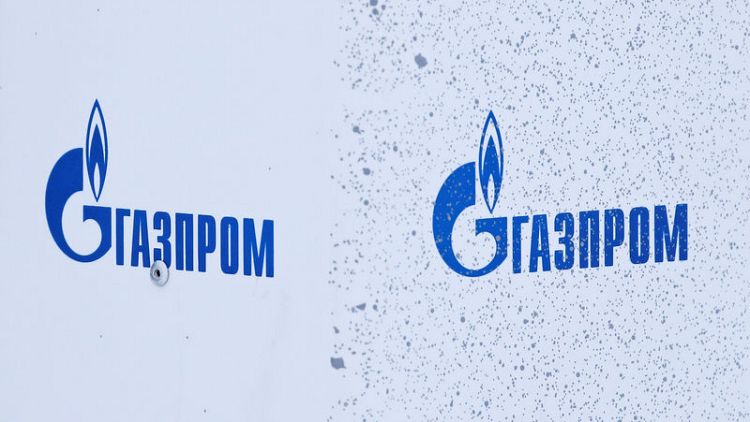By Olesya Astakhova
ST PETERSBURG (Reuters) - Alexei Miller, the head of Russian gas giant Gazprom <GAZP.MM>, on Friday warned of difficult talks with Ukraine on gas transit to Europe once the current deal expires at the end of the year.
Gazprom, the main supplier of natural gas to Europe, halted gas transit via Ukraine twice since 2006 at the height of winter, in rows over gas prices and transit. More than one third of Russia's gas exports to the European Union cross Ukraine, providing Kiev with valuable income.
The last crisis was in 2009, when the new 10-year deal was struck. The contract on gas supplies and transit expires after Dec. 31 2019.
Europe, where Gazprom has a 36% gas market share, is closely following talks between Moscow and Kiev. Some European countries, such as Bulgaria, are completely dependent on Russian gas to heat households in winter.
Talks about continuing the gas agreement or creating a new deal have reached an impasse over numerous issues.
One bone of contention is a legal dispute between Gazprom and Ukraine state energy firm Naftogaz that led to a Stockholm arbitration court ruling in February 2018 that each company must compensate the other.
Russia also wants to bypass Ukraine by installing gas pipelines via the Baltic and Black seas, the Nord Stream-2 and TurkStream projects, as relations between the two ex-Soviet countries soured following Moscow's annexation of Crimea.
Miller said Russia will build Nord Stream-2 despite that Denmark has yet to issue permission for the construction of the pipeline via its waters in the Baltic Sea.
He also reiterated that Gazprom has been awaiting for the formation of new government and parliament in Ukraine for the talks to start.
(Reporting by Olesya Astakhova; Writing by Polina Ivanova and Vladimir Soldatkin; Editing by Edmund Blair/David Evans)



